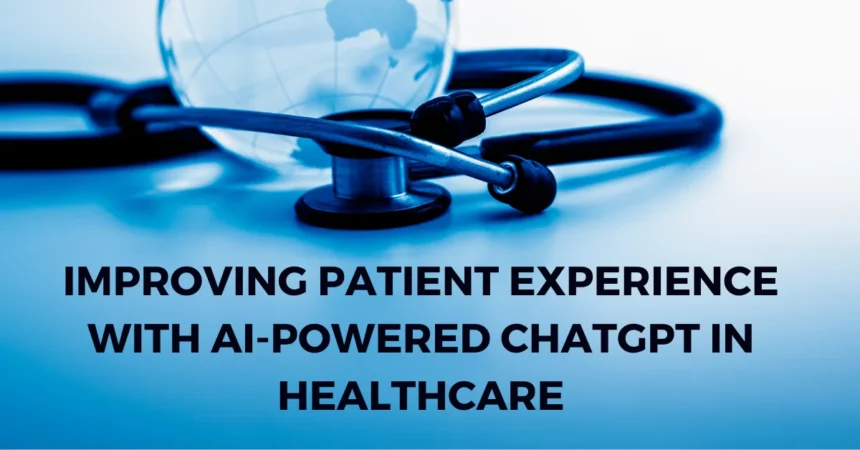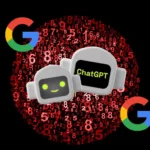The healthcare industry is experiencing rapid growth, and AI-powered chatbots like ChatGPT from OpenAI are becoming increasingly important. With its state-of-the-art natural language understanding capabilities and extensive training experience, ChatGPT has received much media attention for its various applications in healthcare. This article will explore the top 10 uses of AI-powered ChatGPT in Healthcare.
- Virtual Assistant for Patients: Patients can use ChatGPT as a virtual assistant to access information about their health and conditions immediately. The chatbot can answer questions about symptoms, medical procedures, and prescription drugs with accurate, up-to-date information.
- Symptom Checker: ChatGPT can assist patients in identifying their symptoms and choosing the best course of action. The chatbot will question patients about their symptoms and provide a list of potential diagnoses and guidance on what to do next.
- Patient Education: Patients can use ChatGPT to educate themselves about their health and conditions, empowering them to make informed decisions about their care. The chatbot can answer questions about treatments, medications, and lifestyle changes.
- Clinical Trials: ChatGPT can be used in clinical trials to help with participant recruitment and data collection. The chatbot can inform patients about clinical trials and assist in determining their eligibility.
- Clinical Decision Support: Healthcare professionals can use ChatGPT as a clinical decision support tool to make informed decisions about patient care. The chatbot can provide information about treatments, medications, and diagnostic procedures and assist in choosing the best course of action.
- Remote Monitoring: ChatGPT can remotely monitor patients, allowing medical professionals to monitor their health. The chatbot can remind patients to check their vital signs and notify medical staff if anything changes or causes concern.
- Medical Advice: ChatGPT may provide medical advice and recommendations to patients based on medical symptoms and history
- Informed decisions: The chatbot can give patients peace of mind and help them make informed decisions about their health.
- Appointment Scheduling: Patients can use ChatGPT to make appointments with medical professionals, making receiving the care they need more accessible. The chatbot can provide a list of available appointment times and assist in choosing a time that works for them.
- Medication Reminders: Patients can receive medication reminders from ChatGPT, helping them take their medications as prescribed. The chatbot can inform patients of side effects and potential drug interactions and send reminders about when to take their medications.
- Customer Service: ChatGPT can provide customer service for healthcare providers, reducing wait times and improving customer satisfaction. The chatbot can answer common questions about insurance, billing, and appointments.
In conclusion, AI-powered ChatGPT in Healthcare has many uses for patients and medical staff. Whether as a virtual assistant, symptom checker, or remote monitoring tool, ChatGPT has what you need. Its versatility makes it a valuable tool in the healthcare industry. As technology evolves, it’s exciting to think about the many other ways AI-powered ChatGPT in Healthcare will continue to make a positive impact.









